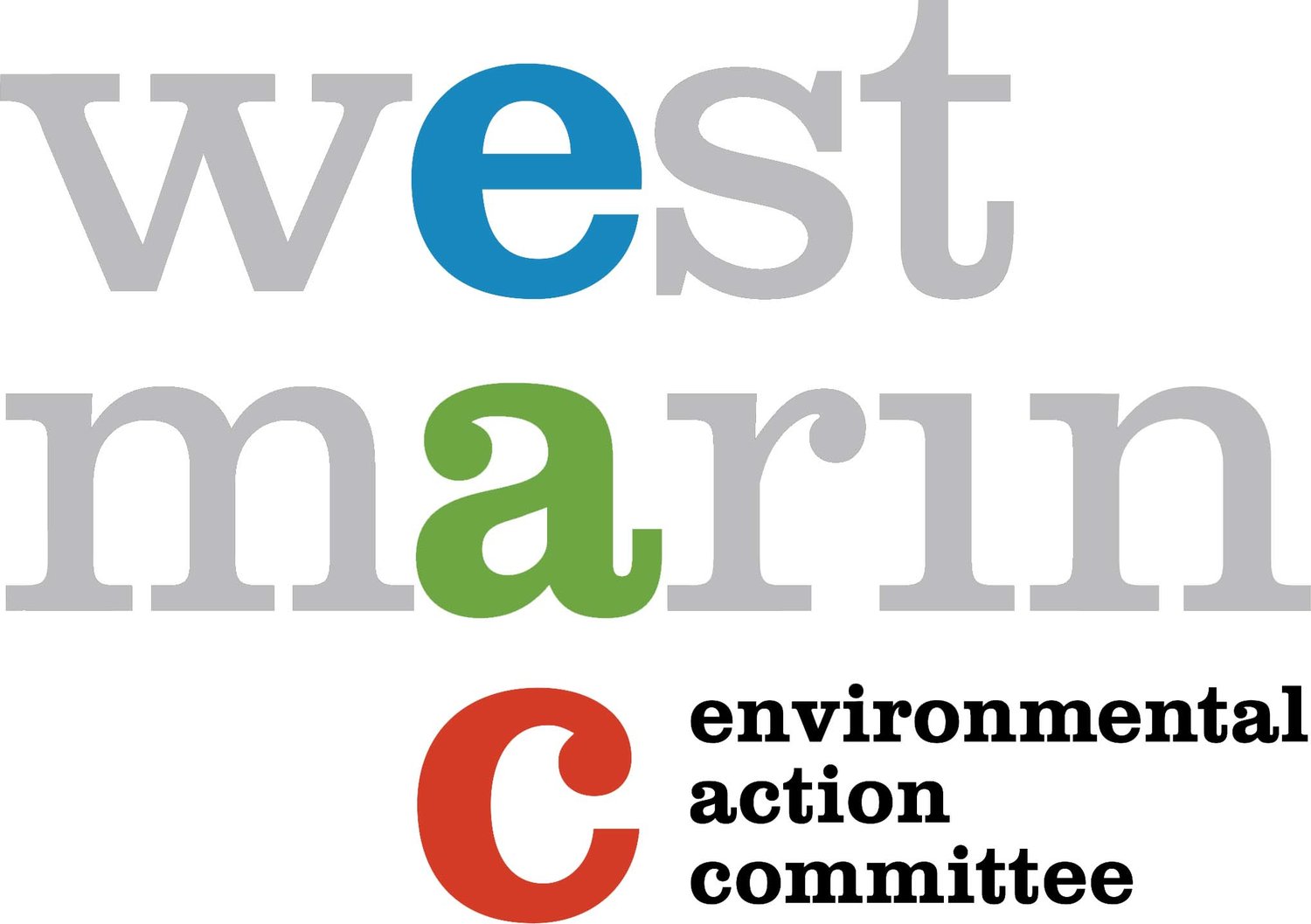Protecting Tomales Bay (Bay) and its watershed has been a top priority for EAC since our inception in 1971. The Bay is not only a RAMSAR site (wetland of international importance), but is also recognized for protection by the California Bays and Estuaries Policy, and must be managed for competing interests from the tourism/recreational, aquaculture, and agricultural industries.
Our Healthy Tomales Bay campaign seeks to ensure the sustainability of the competing uses in the Bay, where we monitor the sustainability of recreational and commercial fishing, and help to ensure aquacultural best practices to reduce or eliminate marine debris and avoid impacting sensitive eelgrass habitat vital to declining fish and bird species.
As decisions made at the state level impact the Bay, our work has expanded into monitoring state and federal changes and a formation of a statewide NGO aquaculture coalition to ensure the industry is held to the highest environmental standards. This work includes engaging with the California Coastal Commission (CCC), the Ocean Protection Council (OPC), and the Fish and Game Commission (FGC) regarding fisheries and aquaculture issues that impact the Bay and surrounding watershed.
In 2021, our Legal & Policy Director, Ashley Eagle-Gibbs tirelessly advocated:
For an emergency ban on recreational use of hydraulic pumps for clams and shrimp, while also supporting the requirement to use a separate container for clam collection. During the pandemic, many people found a renewed interest in recreational clamming and other marine pursuits, increasing impacts on these delicate ecosystems. The regulation was unanimously adopted, and a formal rulemaking process has commenced.
• For the finalization of the 2021 statewide aquaculture principles to inform a coordinated statewide approach to operations and intertidal leasing, a moratorium for new aquaculture leases until the statewide principles were finalized, and served as an alternate on the OPC aquaculture action plan working group to support natural resource protection.
• For the development of a process to establish clear criteria for whether a new aquaculture lease is in the public interest. With a new aquaculture operation being considered in Tomales Bay for the first time in 25+ years, this nuanced, but important issue will be discussed at a future Marine Resources Committee meeting in 2022. This is an important point, as any new lease will impact environmental resources and must be properly sited to avoid environmental and community conflicts.
• Opposing a problematic state bill (Assembly Bill 303) that sought to exclude the CCC from the regulation of multiple aquaculture pilot project areas throughout the state. The CCC, charged with enforcing the California Coastal Act, has proven to be a very systematic, fair, and strong regulator of the aquaculture industry. Due to our collective advocacy, AB 303 has been amended and delayed until 2022, allowing additional time for discussion.
We will remain engaged, alongside our NGO partners, on marine aquaculture policy and its impacts on Tomales Bay including meeting with agency staff, participating in agency meetings, and reviewing key legislation. Stay tuned for more information in 2022.
* This article also appeared in our 2021 print newsletter. The blog version includes hyperlinks.




